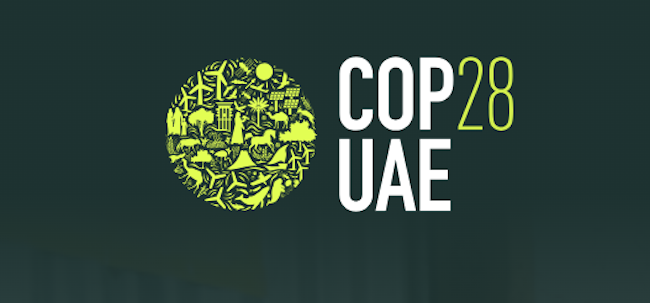For the next two weeks, the world will gather in Dubai, the United Arab Emirate, to discuss the challenges of climate change and strengthen the global response to the real threat.
Mohamed Adow, Director of Power Shift Africa, a Kenyan-based think-Tank, said that the “COP28 is truly at a turning point in history” because this year “was set to be the hottest ever recorded as the impacts of climate change continue to bite around the world.”
He expressed hope that it’s possible that this meeting, in the heart of the Gulf’s fossil fuel industry, might actually be the place where we turn the tide on the climate crisis.
Mr Adow listed three areas where the world leaders need to make significant progress:
Loss and Damage
“At last year’s summit, few people thought we would get agreement on a Loss and Damage Fund at the start of the summit, but developing countries negotiated hard and achieved a historic victory for the climate vulnerable. We now need to build on that progress and see the fund established in Dubai with countries pledging funds so that it can actually start to help people that are in desperate need.
“It is clear that the COP28 Presidency is keen to achieve an early win on Loss and Damage and get this over the line with world leaders expected to announce financial pledges during their speeches at the weekend.”
Fossil fuels
“The COP28 President has tried to dodge questions about a fossil fuel phase out date and instead claim that countries committing to a voluntary tripling of renewables by 2030 will mean there’s no need for a phase out date for dirty energy. Ramping up renewables is vital but it’s clear this is being used as a cover to avoid calling time on the fossil fuel industry. We can’t start to heal whilst we carry on drinking poison.”
Adaptation
“At COP26 in Glasgow, rich nations promised to double their adaptation finance. However, we’re still waiting. While temperatures rise and climate impacts worsen, the funding to help people adapt to these changes has not grown to match the demand. It’s a disgrace that many of the people that have done the least to cause the climate crisis are being left to fend for themselves. COP28 can be the place where that changes.”
Just Transition
“It’s clear the world needs to undergo an urgent transition from dirty to clean energy. But this can’t be a reckless or thoughtless shift, it needs to be done fairly. Countries that have caused the most harm and have the greatest wealth, must do more and do it quickly. The idea of a just transition is often only used in relation to workers in heavily polluting industries, usually in the global north. But we need to broaden this meaning and ensure a just transition for the world.”

 Join Daily Trust WhatsApp Community For Quick Access To News and Happenings Around You.
Join Daily Trust WhatsApp Community For Quick Access To News and Happenings Around You.


